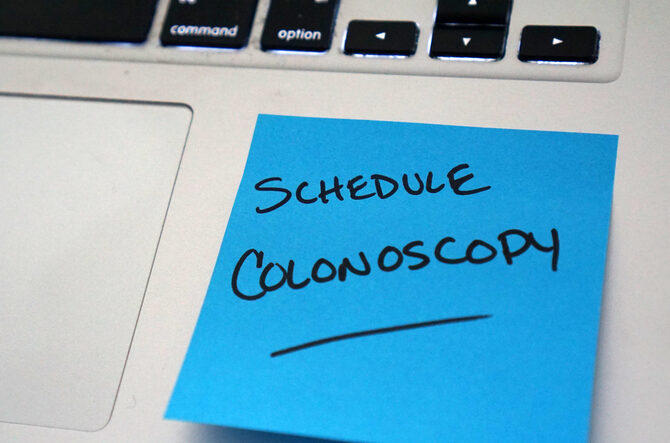Since the mid 1980’s, the rate of colon cancer diagnoses has been dropping due to the increase in colonoscopies and colon cancer screenings. From 2000 to 2013, the diagnosis rate for colon cancer in people older than 50 dropped by 32%, and from 2011 to 2019, it continued to drop about 1% a year. Colon cancer’s mortality rate also dropped in that time frame, by 34%. Dr. Zahid Afzal of Pinnacle Gastroenterology says, “These are wonderful results for older adults!”
Unfortunately, at the same time, there has been uptick in colon and rectal cancer diagnoses in people under the age of 50. Millennials, Americans born after 1990, have double the risk of colon cancer than those born in 1950. Younger people are also more likely to be at a later stage of disease when diagnosed, making treatment more challenging and full recovery difficult.
The American College of Gastroenterology and Dr. Afzal recommends screenings begin at age 45 if you are at average risk for these cancers.
Screenings at an earlier age are recommended for those who have:
- Family members who have had colon or rectal cancer
- Inflammatory bowel disease
- Had radiation to the abdomen or pelvic area
- Had polyps removed in the past
- Had colon or rectal cancer
- Lynch syndrome, familial adenomatous polyposis, Peutz-Jeghers, MUTYH-associated polyposis, or cystic fibrosis
African-Americans are more likely to develop colon cancer before the age of 50, are more likely to develop cancer at any age, and have the highest rate of death from colon cancer of any ethnic group.
A colonoscopy is typically quick and painless. A nurse will begin the patient’s IV in the prep room. Blood pressure, heart rate and blood oxygen levels are all monitored during prep, the procedure and recovery. The anesthesiologist will administer a sedative, placing the patient in a “twilight” state, just enough to tolerate the procedure.
While Dr. Afzal performs the colonoscopy, he looks for abnormal tissue or polyps. Polyps, precancerous lesions, are removed during the procedure, before they can develop into cancer.
Any tissue and polyps removed are later biopsied.
Depending upon the quantity and size of any polyps and abnormalities, the procedure may be finished in 15 minutes. Nursing staff will monitor the patient in recovery to ensure they are ready to go home. The patient is then discharged to a driver’s care; due to sedation, the patient unable to drive that day.
Dr. Afzal says, “About half of the patients tested are polyp-free and they can wait 10 years before a follow-up colonoscopy. If there were polyps found and removed, the patient will want to return for a follow up screening in 5 years or less, depending upon the screening results and their medical history.
There are also signs you need to make an appointment with Pinnacle Gastroenterology immediately. Call us for an urgent appointment if you have:
• Diarrhea, constipation or a narrowing of your stool that last more than 3-4 days
- Unintentional weight loss
- Rectal bleeding
- Blood in your stool, or unusually dark stool
- Cramping or pain in your abdomen
- The urge to pass a bowel movement that does not ease after you go
- Overall fatigue
Schedule your colon and rectal screening today with Pinnacle GI by calling 833-368-8688. You can also text us at 708-248-0570. Colon cancer is the second leading cause of cancer death in this country and in most cases, it is completely preventable.
Leave a reply








